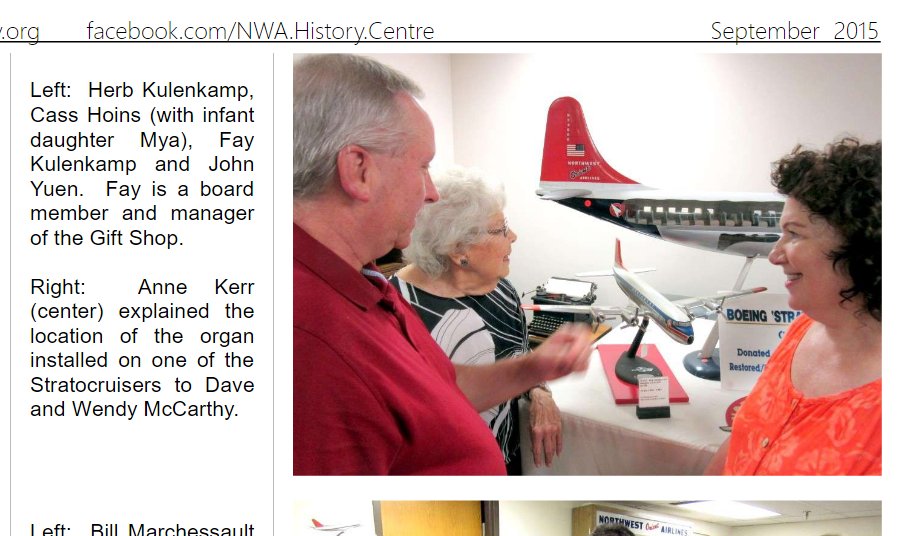1/
As if music composition only happened in the Western world. Let's just call it the #WesternWorldComposerCup or maybe the #WorldColonialComposerCup to reflect that the options are composers in Western/European styles of music. #ComposerWorldCup #Colonialism #WesternImperialism
As if music composition only happened in the Western world. Let's just call it the #WesternWorldComposerCup or maybe the #WorldColonialComposerCup to reflect that the options are composers in Western/European styles of music. #ComposerWorldCup #Colonialism #WesternImperialism
https://twitter.com/MusicMagazine/status/1190287460409982977
2/
My picks for an actual #ComposerWorldCup include include, but not be limited to:
Kassia, Mohamed Abdel Wahab, Ki Narto Sabdo, Khosrovidukht Goghtnatsi, Montri Tramoj, Tanburi Cemil Bey, Tang Xianzu.
Ask me another day, and I'd choose differently.
My picks for an actual #ComposerWorldCup include include, but not be limited to:
Kassia, Mohamed Abdel Wahab, Ki Narto Sabdo, Khosrovidukht Goghtnatsi, Montri Tramoj, Tanburi Cemil Bey, Tang Xianzu.
Ask me another day, and I'd choose differently.
3/
Maybe ask yourself, does the #ComposerWorldCup reflect the composition (much less, the actual freakin' World) if it doesn't include things like, well, compositional styles/traditions from around the world?
Maybe ask yourself, does the #ComposerWorldCup reflect the composition (much less, the actual freakin' World) if it doesn't include things like, well, compositional styles/traditions from around the world?
• • •
Missing some Tweet in this thread? You can try to
force a refresh










